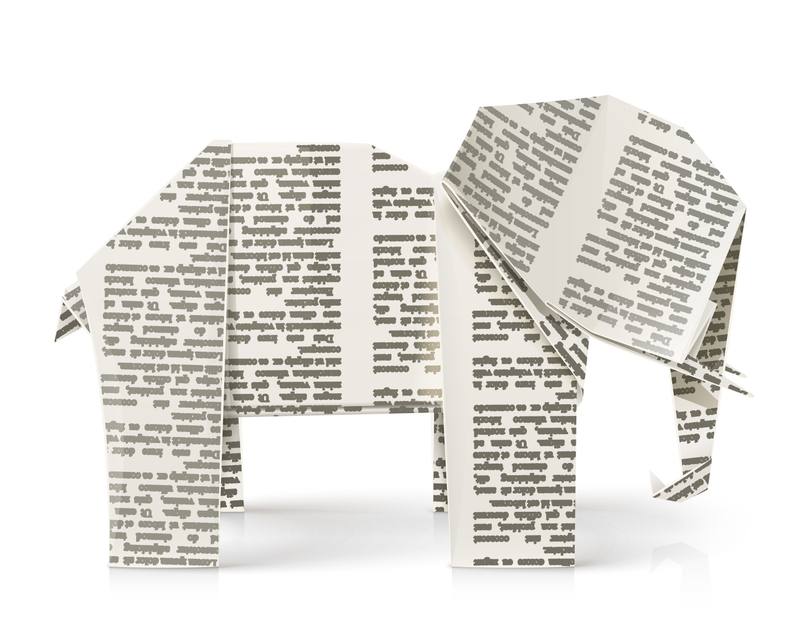Hard Rubbish and Disposal: A Comprehensive Look
In our constantly evolving urban environments, the challenge of effectively managing waste is more significant than ever. Among various types of waste, hard rubbish often presents unique disposal challenges. This article delves into the intricacies of hard rubbish disposal, offering an in-depth analysis for those seeking to improve their waste management practices.
What is Hard Rubbish?
Hard rubbish, also known as bulky waste, refers to large items that cannot be disposed of through regular waste collection services. These items typically include:
- Old furniture such as sofas and tables
- Mattresses and bed frames
- Large appliances like refrigerators and washing machines
- Electronic waste (e-waste) such as televisions and computers
- Building materials and fixtures
Why Proper Hard Rubbish Disposal Matters
Effective hard waste disposal is crucial for several reasons. Mismanaged disposal can lead to environmental degradation, public health risks, and costly municipal clean-ups. Proper disposal ensures:
- The reduction of waste in landfills
- Recycling and repurposing of materials
- Conservation of natural resources
- Minimization of pollution and illegal dumping

Methods of Hard Rubbish Disposal
There are various methods available for disposing of hard rubbish, each with its own advantages. Let's explore these options:
Council Collection Services
Many local councils offer bulk waste collection services either seasonally or on an appointment basis. This service allows residents to dispose of large items without the need for personal transport.
It's _important_ to check your local council's guidelines, as there may be restrictions on the types of items accepted and specific collection dates.
Drop-off Centers
Another effective option is utilizing dedicated drop-off centers where individuals can take their bulky waste. These centers are usually equipped to handle a variety of materials, including electronic waste and construction materials.
Skip and Bins Hire Services
For larger projects, hiring a skip bin might be the most suitable solution. Companies provide bins of varying sizes that you can fill over a predetermined rental period.
Private Waste Disposal Services
If convenience is a priority, consider enlisting a private waste disposal service. These companies offer customized disposal solutions tailored to specific needs, often including labor for lifting and transporting bulky items.
Recycling and Repurposing Hard Rubbish
Not all hard rubbish needs to end up in a landfill. Many items can be recycled or repurposed, extending their life cycle and reducing environmental impact.
Recyclable Materials
- Metals: Appliances often contain valuable metals that can be recycled.
- Electronics: E-waste can be dismantled and its components recycled through specialized programs.
- Plastic and Glass: Some plastic and glass components of appliances can be recirculated in new products.
Donating Usable Items
If an item is still in good condition, donating it to charities or community groups is an excellent way to give it a new lease on life. Many organizations are grateful for the donations of furniture, appliances, and electronics.
Creative Upcycling
Upcycling transforms items that might otherwise be wasted into something valuable or beautiful. From refurbishing wooden furniture to repurposing metal frames, creativity can make a big difference in reducing waste.

Environmental Impact
Ineffective disposal of hard rubbish can significantly impact the environment. Landfilling these items leads to the release of toxins and greenhouse gases, while inappropriate items in landfills can contaminate soil and water sources.
How Disposal Affects Natural Resources
When hard rubbish is not recycled, the extraction of new raw materials is necessary to produce new products, leading to the depletion of natural resources.
Conclusion
It's clear that responsible management and disposal of hard rubbish are essential components of sustainable living. By understanding the available methods and their importance, individuals and communities can make informed decisions that not only dispose of waste responsibly but also contribute positively to the environment.
Simple Steps to Follow:
- Assess your hard rubbish to determine if it can be recycled or donated.
- Check local council guidelines for collection services.
- Consider private waste disposal services for convenience.
- Explore creative upcycling ideas.
By taking these steps, you will not only aid in effective waste management but also help in the preservation of our precious environment.
For more information, visit EPA Waste and Recycling for comprehensive guidelines and tips on waste management.